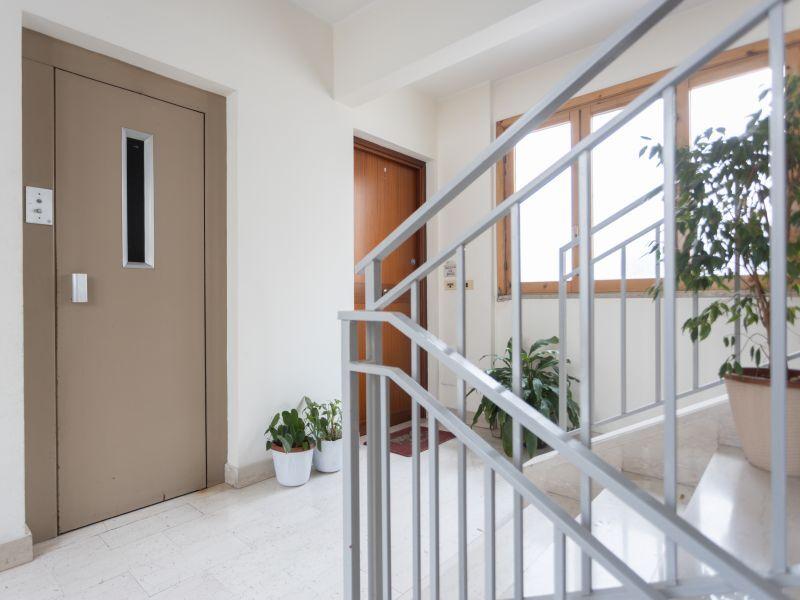This page has been automatically translated. Please refer to the page in French if needed.
Degraded Habitat Law
New provisions to improve the functioning of condominiums
Publié le 22 avril 2024 - Directorate for Legal and Administrative Information (Prime Minister)
With regard to condominiums, the “Degraded housing” law of 9 April 2024 provides in particular for: a simplification of the use of collective loans to finance work to repair, improve or maintain a building; as well as an obligation for trustees to inform the occupants and owners of a building when it is affected by a procedure to combat unworthy housing.

The law of 9 April 2024 on speeding up and simplifying the renovation of degraded habitat and major development operations includes several measures relating to condominiums. These provisions cover, inter alia:
- the work which can be carried out and the financing thereof;
- the information to be provided to the co-owners;
- the procedure for recovery of unpaid charges by a co-owner.
Measures on works which may be undertaken in a condominium
Each co-owner now has the opportunity to to have thermal insulation work carried out at his own expense concerning the roof or floor, including those likely to affect the common parts of the building. This work must not affect:
- the structure of the building;
- the safety and health of the vessel;
- the essential equipment of the building;
- arrangements for the use of the private parts of other joint owners.
In addition, the “Degraded Habitat” law relaxes the conditions under which a general meeting of co-owners can decide to to borrow collectively. A condominium can take out this type of loan, on behalf of the condominium union, to finance the repair, improvement or maintenance of a building. No longer would such a loan necessarily have to be adopted unanimously at a general meeting. It can be adopted by a majority (according to the same rules already applicable for voting on works financed by the loan).
A co-owner may refuse to participate in the loan. He must then indicate his refusal explicitly to the trustee, not later than two months after the notification of the minutes of the general meeting; and he must pay the full share of the cost of the work which he owes, not later than six months after the notification of these minutes.
Another development: it is now possible to convene a new general assembly within three months to vote on an energy renovation project which received less than one third of the votes of all the co-owners in a first ballot. To be selected, the project must then to obtain the majority of the votes cast by the co-owners present, represented or voting by mail.
Provisions concerning information given to co-owners
A trustee now has an obligation to inform occupants and owners of a building when it is affected by a procedure for combating undignified housing. This information enables everyone to become aware of and aware of the risks. This type of procedure can also generate rights for tenants (suspension of rent, accommodation or relocation during or after the work carried out...).
The "Degraded housing" law also provides that a trustee may now send letters of notification or formal notice to the co-owners dematerialized, without necessarily having received their explicit consent to make the consignments in this way. However, the liquidator must inform them that they can continue to receive this information by post if they so wish.
Finally, when the termination of the liquidator's contract the trustee has now been asked by the trade union council to convene a general meeting no later than 2 months after the first presentation of the registered letter, if the president of the trade union council so wishes. If this is not done, the President of the Trade Union Council can then convene the General Assembly himself.
Please note
The “Degraded Habitat” law adds a new situation where a trustee does not need prior authorization from a judge to proceed with the recovery of a claim from a co-owner. Now, this is also possible for a failure to pay the provisions due under the projected budget of the condominium.
Additional topics
Service-Public.fr
Service-Public.fr
Service-Public.fr
Service-Public.fr
Service-Public.fr
National Agency for Housing Information (Anil)
Agenda
Du 16 nov. au 24 nov. 2024
Lutte contre le gaspillage
Publié le 13 novembre 2024
Du 18 nov. au 24 nov. 2024
Handicap et Emploi
Publié le 31 octobre 2024

